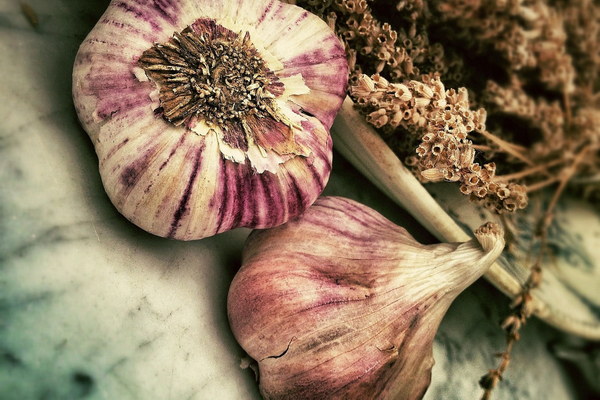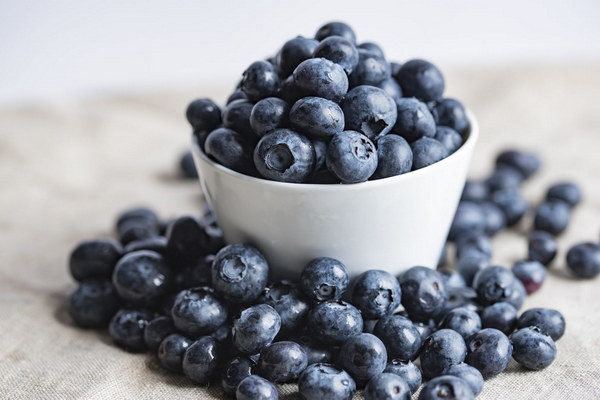Embrace Nature's Gift How to Use Lotus Leaves for Excessive Dampness in Your Diet
In the pursuit of good health and well-being, it is essential to understand the importance of balancing the body's internal environment. One of the most common imbalances is excessive dampness, which can lead to various health issues. Traditional Chinese medicine suggests that lotus leaves are an excellent natural remedy to combat this problem. Let's explore how to incorporate lotus leaves into your diet to promote a healthier life.
Understanding Excessive Dampness
Excessive dampness, also known as damp-heat in Chinese medicine, refers to a condition where dampness accumulates in the body, causing discomfort and various health issues. Symptoms may include fatigue, body aches, weight gain, digestive problems, and even skin conditions. To combat this imbalance, it is crucial to adopt a diet and lifestyle that supports the body's natural processes of removing dampness.
The Power of Lotus Leaves
Lotus leaves have been used for centuries in traditional Chinese medicine for their medicinal properties. These leaves are rich in antioxidants, vitamins, and minerals, which can help regulate the body's internal environment. Here's how lotus leaves can aid in reducing excessive dampness:
1. Detoxification: Lotus leaves have diuretic properties that can help remove excess water and toxins from the body. This can lead to a reduction in dampness and alleviate symptoms associated with it.
2. Digestive Support: The anti-inflammatory properties of lotus leaves can help improve digestion and alleviate common digestive issues like bloating and constipation, which are often related to dampness.
3. Blood Purification: Lotus leaves are believed to have blood-purifying properties, which can help eliminate dampness and promote overall health.
Incorporating Lotus Leaves into Your Diet
Now that you understand the benefits of lotus leaves, let's discuss how to include them in your daily diet:
1. Lotus Leaf Tea: Boil fresh or dried lotus leaves in water for about 10 minutes to make a soothing tea. Drink it hot or cold, and you can add honey or lemon for extra flavor.
2. Lotus Leaf Soup: Add lotus leaves to soups, stews, or rice dishes. They have a mild, slightly sweet taste and can enhance the flavor of the dish while providing health benefits.
3. Lotus Leaf Salad: Combine finely chopped lotus leaves with other greens, such as spinach or lettuce, for a refreshing salad. Dress with olive oil, lemon juice, and your favorite herbs for a healthy meal.

4. Lotus Leaf Condiment: Grind dried lotus leaves into a powder and use it as a condiment for meats, vegetables, or rice dishes.
Conclusion
Incorporating lotus leaves into your diet is a natural and effective way to combat excessive dampness and promote overall health. By utilizing the power of these medicinal leaves, you can enjoy a balanced and healthy lifestyle. Remember that it's important to consult with a healthcare professional before making significant changes to your diet or health routine. With the right approach, you can harness the benefits of lotus leaves and achieve a harmonious balance within your body.









